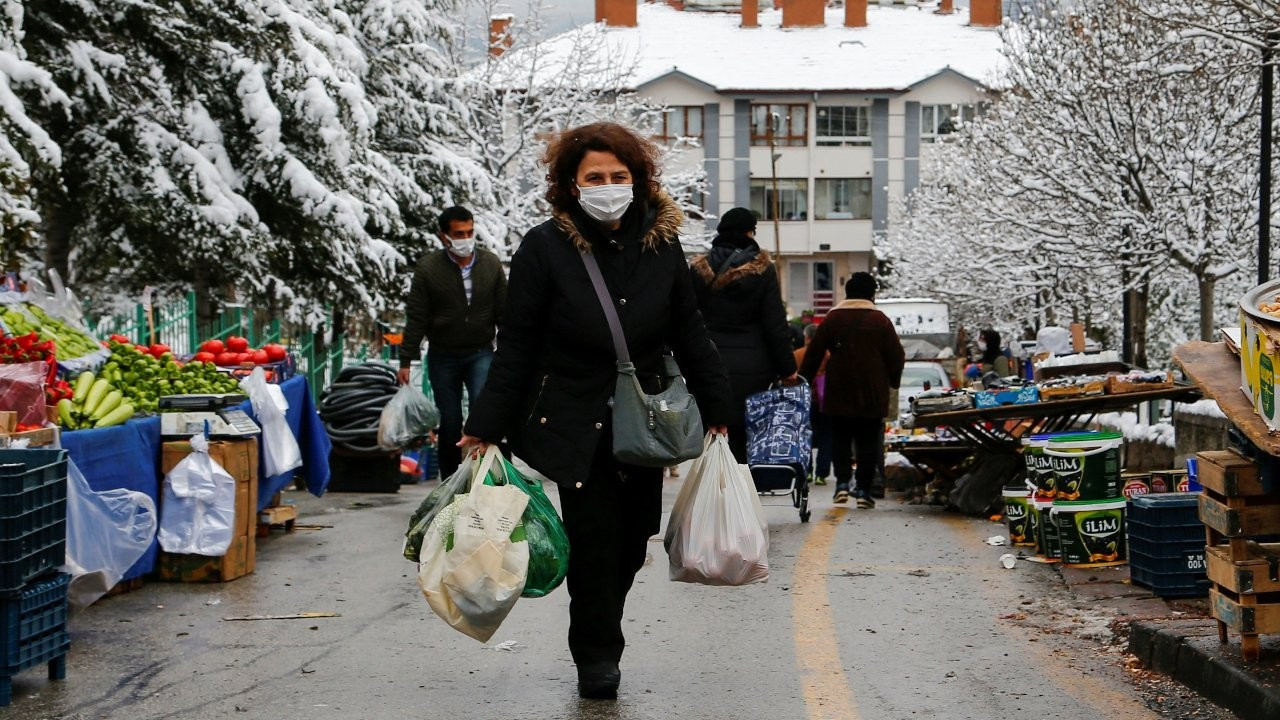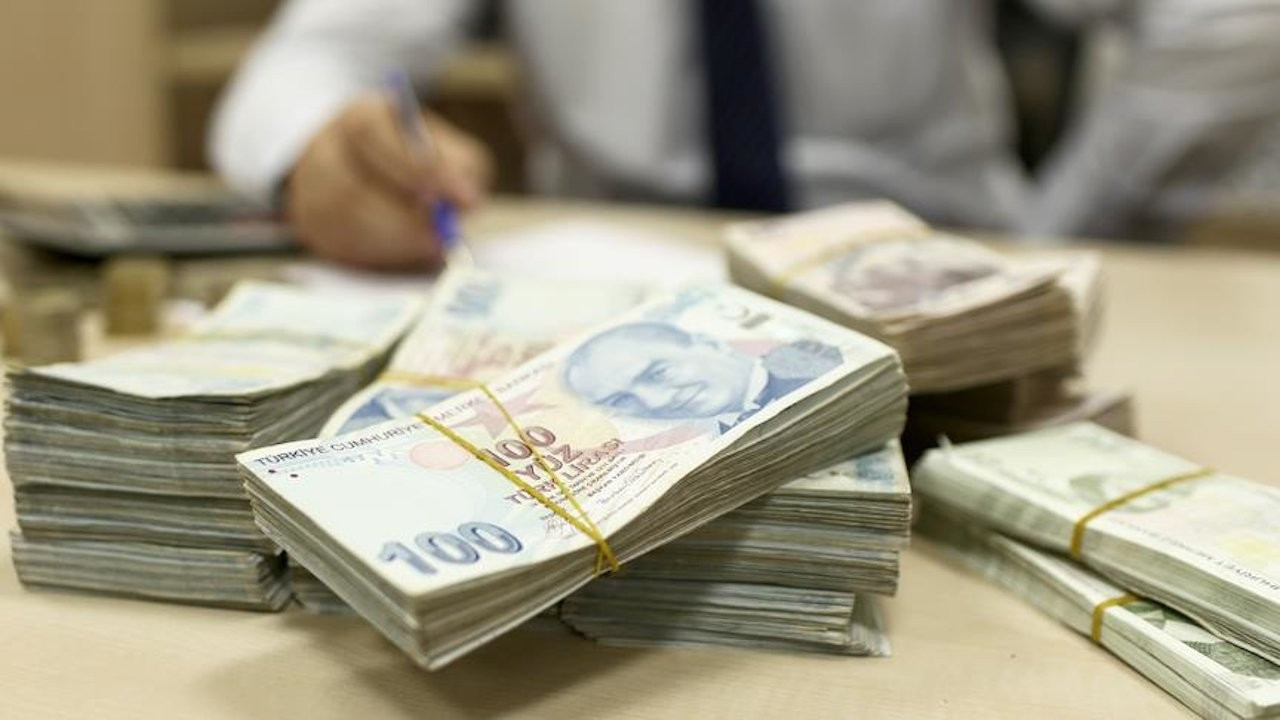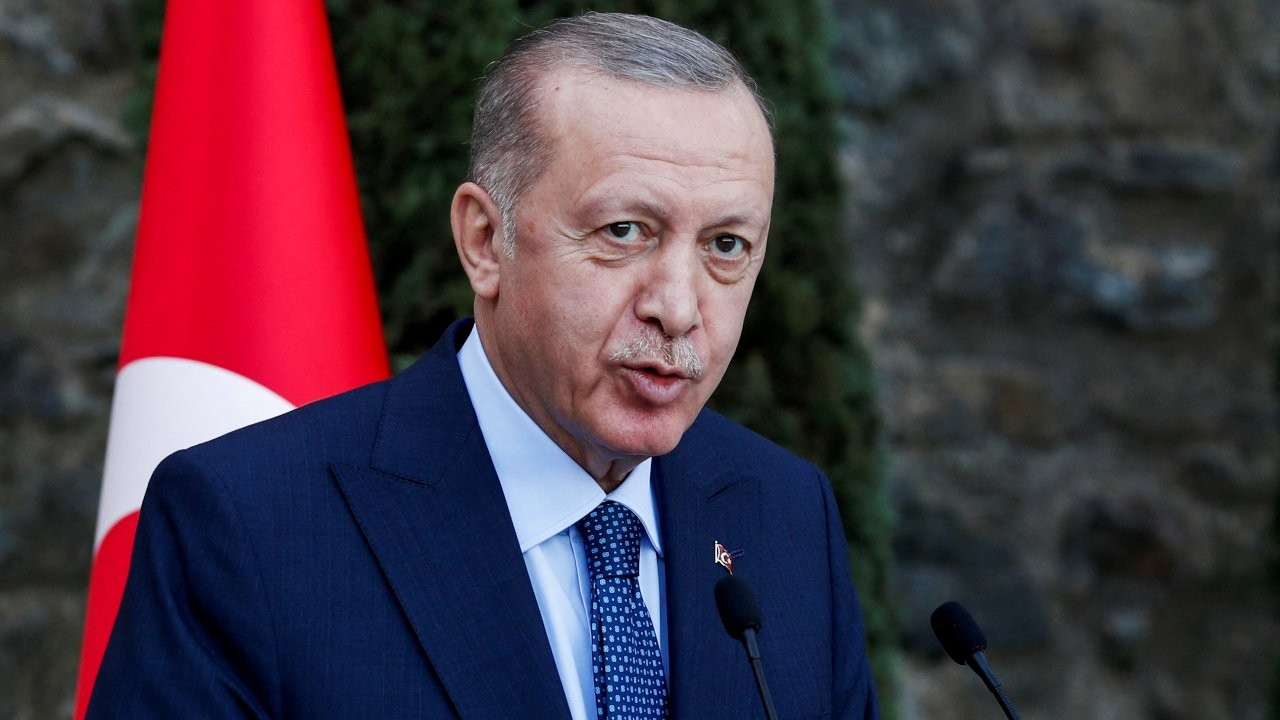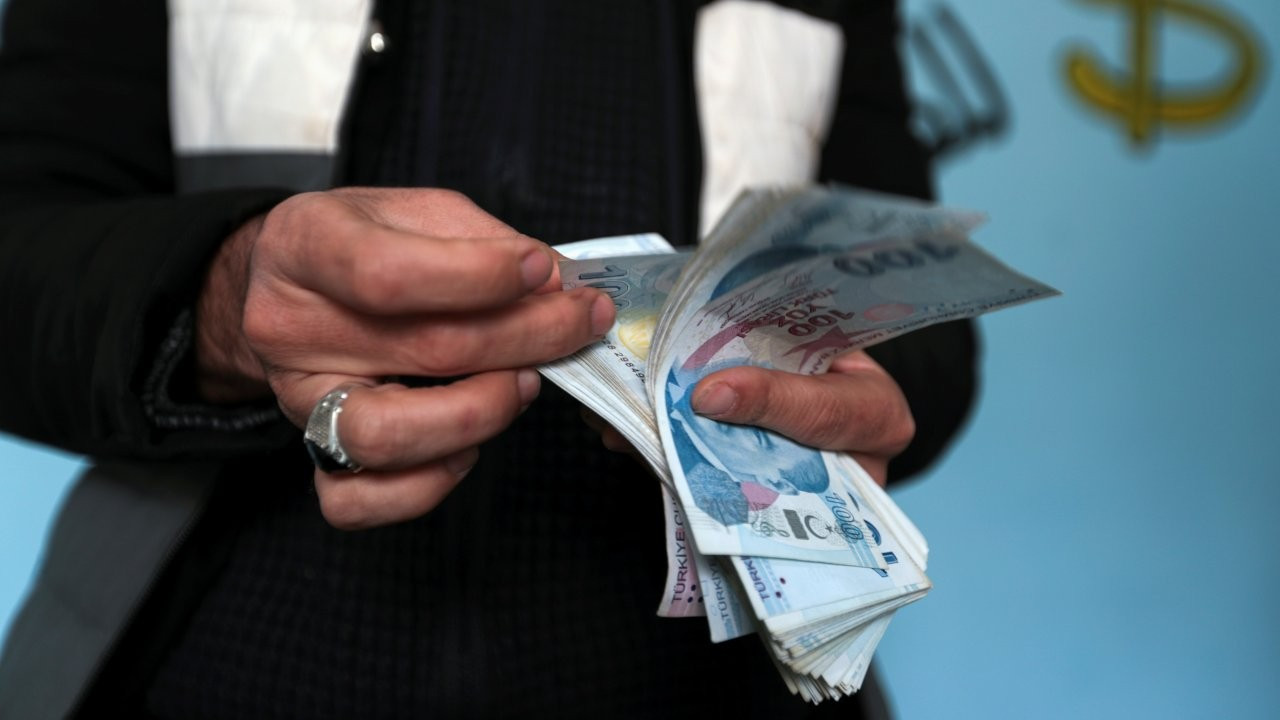Turkey's opposition criticizes Erdoğan's new measures to halt dollarization
Turkey's opposition leaders have deemed the government's newly announced emergency currency support measures a “hidden interest rate hike.” They have pointed out that the Treasury will cover any depreciation of lira deposits against the dollar through the taxes collected.
Duvar English
Turkey's opposition leaders have criticized a new set of measures announced by President Recep Tayyip Erdoğan to ease the financial burden from the local currency crash.
Main opposition Republican People's Party (CHP) leader Kemal Kılıçdaroğlu has said that the ruling Justice and Development Party (AKP) government has provided guarantees to citizens with money it does not have.
Addressing his lawmakers during a parliamentary group meeting, Kılıçdaroğlu said Erdoğan's government cannot establish an environment of confidence in markets, adding Turkey needed a strategy rather than short-term plans. He said citizens trusting foreign currencies over the lira showed a governance problem and repeated a call for immediate elections.
“They [the government] has given a guarantee with the money that does not exist in the Treasury...They have brought a nonsensical dark system in which the poor has been funding the dollar-owners. They have encouraged interest off the back of the poor, while guaranteeing dollars [for the rich]. Where is the Nas in this?” Kılıçdaroğlu asked on Dec. 21.
Kılıçdaroğlu was making a reference to a previous use of the word “Nas” by Erdoğan. The president had previously vowed to lower interest rate as this is “what is required by Nas,” using an Arabic word used in Turkish to refer to Islamic teachings.
Ali Babacan, Erdoğan’s former finance minister and now the leader of the opposition DEVA, called the government's new measures a “hidden interest rate hike.”
During a meeting on Dec. 21, Babacan called the new measures as the “dollarization of the country's economy.” “The Treasury will pay for it with taxes,” he said.
“A management that sees its currency worthless and tries to give confidence with foreign currency cannot succeed. Such management cannot survive and will not do so,” Babacan said in a separate statement on Twitter.
Dünkü kararlar, Türkiye’yi Muratlar, Şahinler, Doğanlar dönemine, hatta ‘Doğan görünümlü Şahin’ satılan dönemlere geri götürmektir.
— Ali Babacan (@alibabacan) December 21, 2021
Kendi parasını değersiz gören, yabancı parayla güven vermeye çalışan bir yönetim beceremez.
Böyle bir yönetim ayakta kalamaz, kalamayacak.#dolar
Erdoğan introduced a series of steps late on Dec. 20 that he said will ease the burden of a weakened currency on Turks and encourage them to hold lira rather than dollars.
Under Erdoğan's plan, his government promised to guarantee deposits in lira, sending the currency soaring some 25%, its biggest intra-day rally on record, at one point on Dec. 20.
Analysts and bankers warned that if the lira's rally fizzles and reverses, the government would be on the hook to cover future losses based on the exchange rate. It could also stoke already high inflation.
The Turkish currency, which has lost 44% of its value against the greenback this year, initially strengthened on Dec. 21 to a daily high of 11.0935 versus the dollar, later weakening to 14.3885 before swinging back to 13.1 at 1417 GMT.
The government has pledged to pay the difference between the yield on savings in lira and equivalent dollar deposits.
More than half of locals' savings is in foreign currencies and gold, according to central bank data, due to a loss of confidence in the lira after years of depreciation.

 As inflation soars, Turkish newlyweds stock up on food and dream of travelEconomy
As inflation soars, Turkish newlyweds stock up on food and dream of travelEconomy Turkish depositors delight in lira let-up but will Erdoğan's plan deliver?Economy
Turkish depositors delight in lira let-up but will Erdoğan's plan deliver?Economy Erdoğan's speeches increase in frequency, decrease in duration amid lira turbulanceEconomy
Erdoğan's speeches increase in frequency, decrease in duration amid lira turbulanceEconomy Economists say Erdoğan's new policy means veiled interest rate hikeEconomy
Economists say Erdoğan's new policy means veiled interest rate hikeEconomy